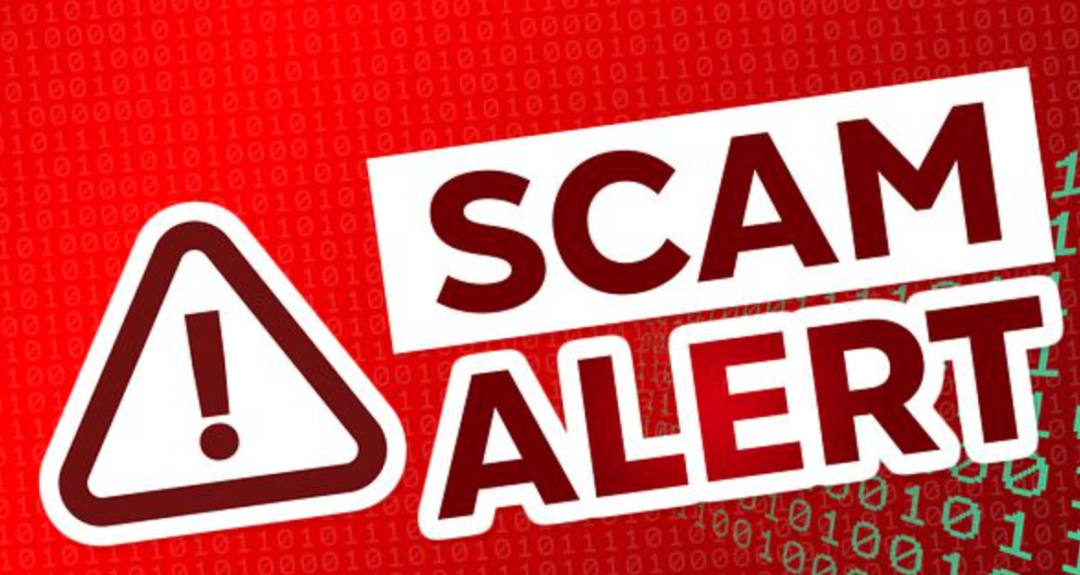Greensboro and Guilford County weren’t hit as hard as some other places by Hurricane Ian, but there was plenty of damage, and a lot of people are hiring contractors to make repairs. This week, the North Carolina Licensing Board for General Contractors (NCLBGC) issued an alert to state residents to prevent them from getting scammed by unethical and unlicensed contractors.
The Board advises citizens to exercise “extreme caution” in order to avoid adding insult to injury by becoming victims of scam artists posing as legitimate contractors. The board wants to remind state residents that licensed general contractors have passed an examination, met certain financial requirements and have also completed continuing education courses that are required for being a licensed general contractor in the state.
NCLBGC Executive Director C. Frank Wiesner said in a press release that, in the wake of the hurricane, it’s time to be extra cautious.
“We’ve seen that natural disasters lead to an increase in individuals posing as legitimate licensed contractors in an effort to prey upon vulnerable citizens,” he stated, “Individuals who hire unlicensed contractors are putting themselves at greater financial risk.”
Keep in mind that any project quoted at $30,000 or more requires a valid NC general contractors license. Projects less than $30,000 don’t require a license, but hiring a North Carolina licensed general contractor “may offer security in knowing that you have contracted with a general contractor who is authorized to perform work in North Carolina.”
The board advises, “Ask for proof that the contractor is licensed. The NCLBGC does not recognize licenses issued by other states or countries. Citizens can verify if the contractor is properly licensed by 1) searching on the NCLBGC’s website at www.nclbgc.org; 2) calling the NCLBGC at (800) 220-7185; or 3) downloading the Board’s free mobile app for Apple and Android devices by entering “NCLBGC SEARCH” in the search feature.”
Here are some precautions to keep in mind:
•Be wary of door-to-door repair offers and those who demand deposits or payments in cash.
•Contact your insurance company for guidance before beginning any work and don’t make large deposits or make upfront payments in full.
•Require a written contract that clearly explains the work to be done and a payment schedule based on completion of work and a timeline. Then, don’t make payments before the work specified in the payment schedule is completed.
•Don’t make payments for any work not detailed in the contract unless approved by you before the additional work begins.
•Request a Certificate of Insurance from the contractor and verify it’s valid by contacting the party who issued it.
•Contact local law enforcement if you suspect you are being scammed by a contractor.
If you think you’re being price-gouged, contact the NC Attorney General’s office at https://ncdoj.gov/file-a-complaint/price-gouging/ or by calling toll-free within North Carolina at (877)-5-NO-SCAM or (877)-566-7226.

